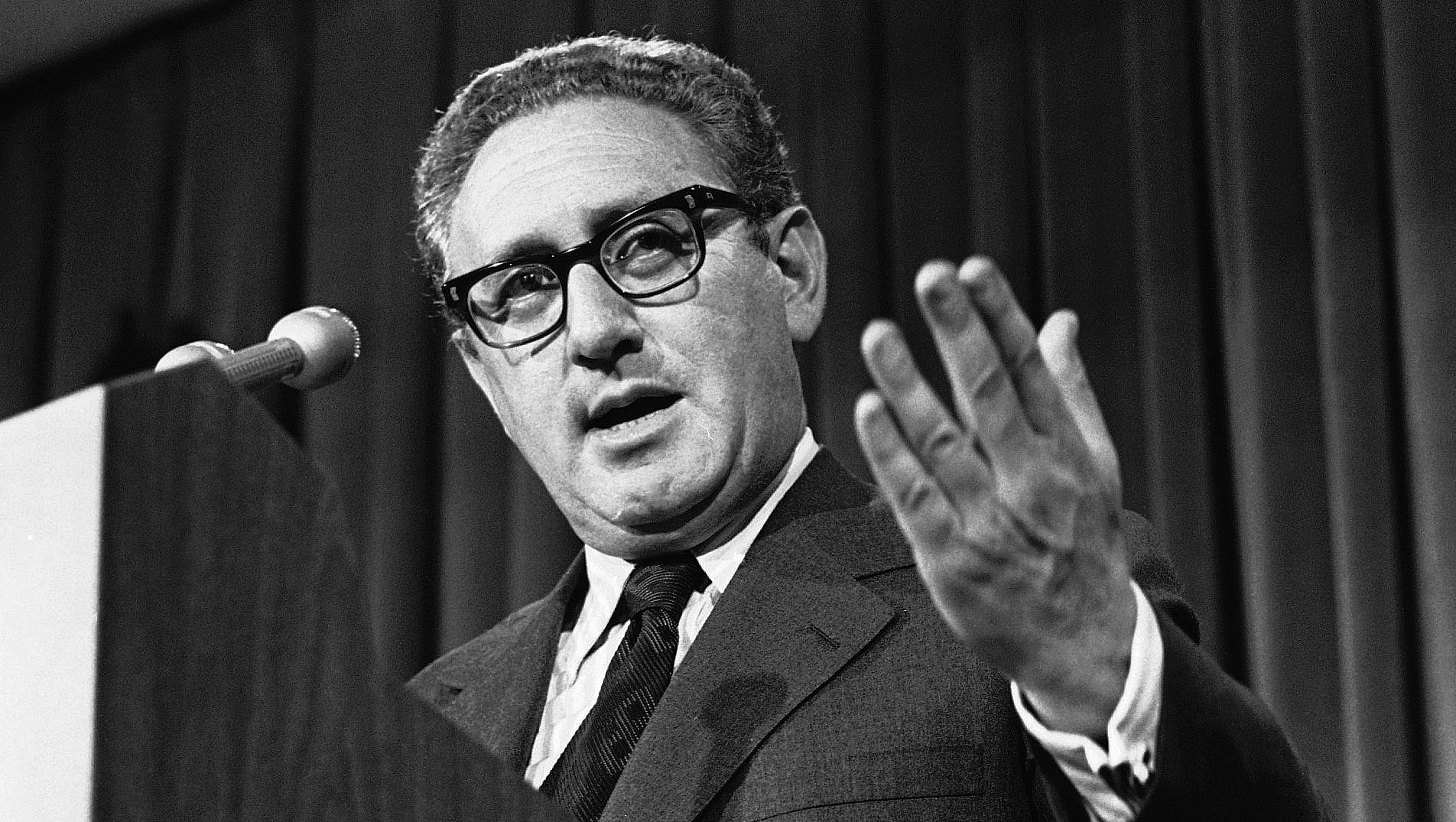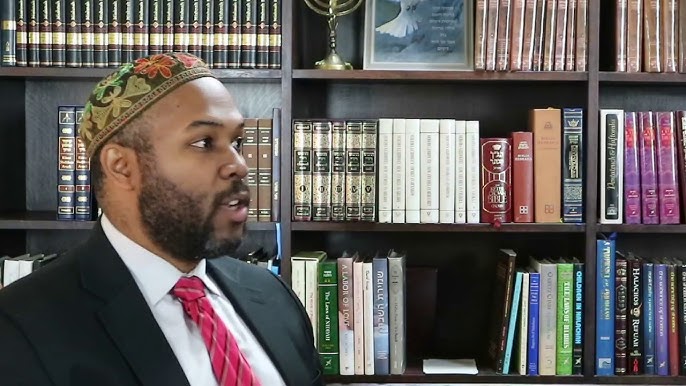QUESTION:
There exists a claim that the Igbos of Nigeria belong to the Children of Israel. There are millions of inhabitants in and out of Igboland who belong to the Igbo tradition. Much has been written about the Igbo traditions, which attest to the claim, including historical and anthropological works, detailing lore, customs, sociology, philosophy, and history. Despite strong evidences of their connection to the Biblical Israelites, due to forced conversions to Christianity, there are few rabbinic authorities today who decide that Igbos must undergo either a full conversion or undergo strict procedures, to remove all doubt, and to reintegrate them with the Jewish People. What is the halakhah regarding the Israelite identity of the Igbos and can halakhic Jews marry with them?
ANSWER:
Due to the transgressions of our ancestors, our nation was divided into two kingdoms before the destruction of the First Temple in Jerusalem. During the time of the Prophet Jeremiah, a”h, while the vast majority of Israelites went to Babylon, some Israelites relocated to Egypt, and founded the Elephantine Jewish community. Genetic studies of the y-chromosome of Igbo men demonstrate that they originated in the Levant basin, sharing genetic links with Sephardic and Ashkenazi Jews alike. While there is yet an exhaustive academic genetic study of the Igbos, the data of the majority of those who have reported their autosomal and y-chromosome DNA, supports that their ancestors migrated from the Levant Basin into East Africa, and then settled in West Africa. Moreover, Igbos are organized according to clans. The elders transmit genealogies orally, back to our patriarch Jacob. Indeed, many Igbos descend from Kohanim and Levites. These facts attest to the ancient Israelite origin of the Igbos.
Moreover, the historiographical data written during the time of the Songhai Empire, reveals that Portuguese and Moroccan Jews traded in the region of Igboland. Records also evidence the union between Portuguese Jews and West Africans in the region, whereby local women under- went halakhic conversions to the Jewish People. Such was the case in Senegal, Gambia, Nigeria, Togo, Benin, and Angola. In the sixteenth and seventeenth centuries, some Portuguese Jews took their African wives with them to the port cities of Antwerp and Amsterdam, where they were integrated into the respective communities.
The presence of Israelites along the Niger River had been known by Jewish authorities in the United Kingdom, the Netherlands, Lithuania, and Suriname. Rabbinic letters addressed to the Igbos by Chief rabbis: Dr. Solomon Hershel Lewin, David Meldola, and the Gaon of Vilna (Elijan Zalman), support the idea that there was contact between European Jewish communities and Igbo Israelites. All of the correspondence from the aforementioned rabbinic authorities address the Igbos as “brethren of the Children of Israel.” Accordingly, there is no doubt of their origins, nor of their halakhic status as Israelites.
In the nineteenth century, the Igbo community suffered forced assimilation to Christianity. Missionaries started arriving to Igboland in 1857. When British colonialism was extended there, Christianity began to take hold. Many Igbos were baptized, taking on Christian names and customs. Despite this atrocity, Igbos never lost consciousness of who they were, especially because they continued to marry among themselves. Another contributing factor to their endogamous marriages was discrimination from other ethnic groups in the region. Despite forced conversions to Christianity, there were those who throughout the period of missionary activity resisted the adoption of Christianity. They continued to pray in synagogues dedicated to the worship of the God of Israel. Upon them there is no doubt cast. They are the finest example of Israelites
throughout history who have defied every pressure to uphold the covenant. Overall, Igbos maintained their Hebrew identity, even amid political and cultural turmoil.
But what of those forced to adoption Christian ways? Today, hundreds of thousands of Igbos in and out of Igboland are returning to Omenana (what you do in the Land). Some of them have made connections with Jewish communities worldwide. Contacts between Igbos and Jewish communities have raised questions about whether they are indeed Israelites and whether Jews and Igbos can marry each other, according to halakhah.
As stated before, there is no doubt that Igbos are our brethren, the Children of Israel. The question at hand is if the adoption to Christianity by those who were forced affects their status as Israelites. The analysis herein will demonstrate that questions involving the doubtful status of Israelites who are coerced into Christianity, only arise within Ashkenazi authorities who lived during the Second Crusades. On the other hand, Sephardic Jews who suffered forced conversions to Islam and Christianity were unanimously treated as Israelites. This analysis will demonstrate that according to Jewish law, Igbos are anusim and should be treated as “sequestered children by the heathens.” As such, they should be treated with kindness, mercy, and compassion.
During the 13th and 14th centuries, after the Second Crusades, Franco-German rabbinic authorities took a more severe position regarding anusim. They preferred qiddush haShem [martyrdom] instead of conversion to Christianity. In the middle of the thirteenth century, R’Meir ben Barukh of Rotenburg [Maharam] decided that in the case of a ḥaliṣáh, the brothers who are meshumadim cannot fulfill this miṣwáh. This same Ḥakham does not accept as valid the testimony of renegade Jews, not even if they are secretly sincere to the faith of their ancestors. R’Yosef ben Mosheh [15th century Germany (Bavaria)] decides that one who rejects the essential tenets [of the Jewish faith] must shave his hair and immerse himself in the presence of two or three people. R’Israel Isserlin decides that those who return to the faith of their ancestors are not numbered [in the community] for things that have to do with qedushá [minyán, testimonies, etc.] until he has been shaven and has made tebilah. He then says, “Although this is not required, it is already the custom of our fathers, therefore it is law. Thus, anusim and renegade Jews are treated as being either apart from the Nation of Israel, or treated harshly.
How did Sephardic authorities treat the issue of the anusim and how might they have treated the Igbo during their encounters at the time of the Songhai Empire? The Radbaz (R’Dawid Ibn Zimra) was born in Spain and was 13 years old when the Jews were expelled in 1492. The Radbaz decides that tebilah is not necessary for returning anusim, being that their ancestors already received the yoke of the Torah and made tebilah at Sinai. The Marán Shulḥán ‘Arukh decides, “those anusim who stayed in their lands [Spain and Portugal], if they practice kasheruth among themselves and cannot flee to a place where they can serve the Most High, we trust in their sheḥitáh and we do not forbid drinking the wine that they touch. The Maharitṣ (R’Yom Tob Ben Moshe Ṣahalon) decides that “there is no suspicion that a person who returns to the Jewish tradition openly is from a non-Jewish mother, being that the anusim have ḥazaqáh that they marry among themselves. This applies equally to the Igbo, since it is known and widespread that they marry among themselves. Finally, the Ḥida (Ḥaim Yosef David Azulay) decides that the “descendents of the anusim only have to bless sheheḥeyánu after performing the berith miláh, while the proselyte must bless after the tebiláh. Herein, one sees the halakhic difference between the returning Israelites and the proselyte. All of these responsa, which were written during the time period of the Inquisition, could be easily applied to the Igbo, due to the social-political similarities between both contexts. Overall, Sephardic rabbinic authorities treat the anusim as legitimate Israelites, who do not need to be immersed upon their return to the open practice of the Jewish tradition. Indeed, the Igbos should be treated in the same way.
Regarding the question of marriage with Igbos: The Ḥatham Sofer [R’Moshé Schreiber] decided in a responsum that all families of Israelites are fit to marry each other, and there is no question of their Jewishness. There he explains that Rashi demands to analyze the lineages through the ketuboth, only when there is a suspicion of the Kohanim lineages. This is when Kohanim are believed to have mixed with non-Jews. On the other hand, the Ḥatham Sofer decides, like the Ribash, “the Kohanim among the anusim, if they return [to the faith of their ancestors], they are kesherim, since they are most careful not to mingle with the nations; just as it is laid down by the principle — anything that is separated from its majority, reflects that majority. He then says that since the days of the Second Temple, no doubts have been raised among the lineages of the Kohanim, therefore, God forbid, we should pass judgment on the Kohanim who come from the anusim [that a non-Jew has raped a daughter of Israel]. Accordingly, the same rules should be applied to the Igbo, especially because they are strictly endogamous.
The fact rabbinic authorities during the Songhai Empires were aware of Israelites in Igboland leads to the logical conclusion that they treated Igbos as Israelites. The sum of the matter is that Igbos are to be treated as Israelites, in every sense of the word, and also their priestly and Levite lineages should be upheld as valid. Upon their return to Omenana, they should be circumcised [if they hadn’t performed it already], say the sheheḥeyánu afterwards, and partake of the kola nut ceremony with their brethren, as is customary among Igbos. Then shall the world of the Prophet be fulfilled: “When I bring you out from the nations and gather you from the countries where you are scattered, I will accept you as a pleasing aroma. Through you I will be made holy in the sight of the nations.” May it be so!
Yehonatan Elazar-DeMota
12 Shebat 5782






Thanks much for this information.